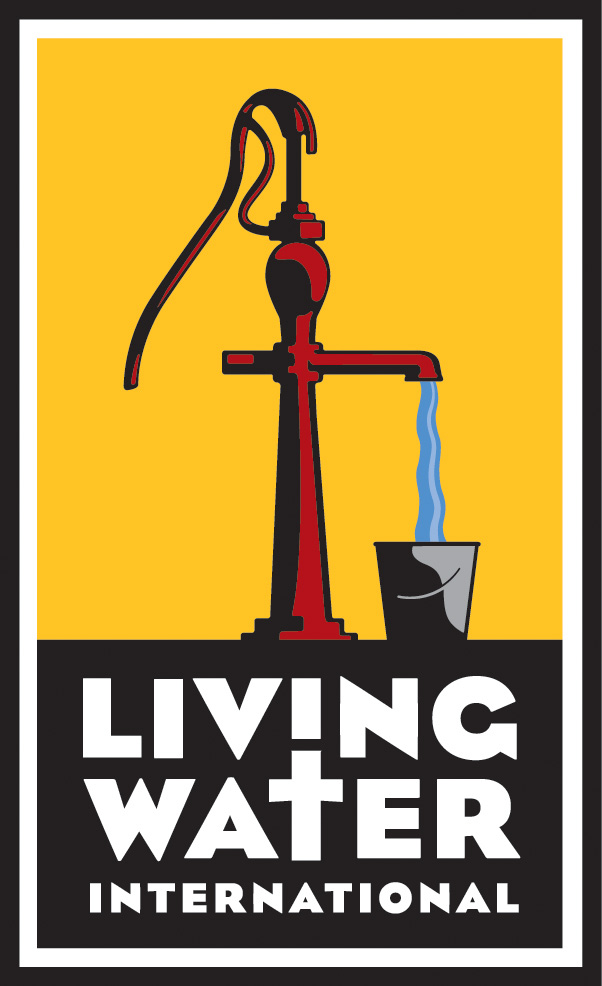By Jeff Brumley
Water, it seems, is all the rage.
Experts say the demand for global mission projects focused on providing clean water has become unquenchable as churches increasingly see water as one of the most efficient means of meeting physical and spiritual needs.
Also driving the trend have been efforts by a wide range of players to promote the connection between meeting those needs and the spreading of the gospel. In the process, congregations and individuals who have become involved in water-providing ministries see their impact goes beyond water to their own spiritual transformation.
‘A basic human right’
Boiled down to its essence, water is becoming the great unifier in world missions, said David Harding, coordinator for international disaster response for the Cooperative Baptist Fellowship.
“People can identify with the need for water,” Harding said. “When people learn of other people drinking contaminated water, they think ‘how can we allow that?’”
 CBF has focused much of its water missions efforts through disaster response because the lack of safe water is seen as a quiet-but-deadly crisis, Harding said.
CBF has focused much of its water missions efforts through disaster response because the lack of safe water is seen as a quiet-but-deadly crisis, Harding said.
Interest among U.S. churches has tended to come across the political and denominational spectrum, Harding added, when groups see the impact for themselves.
“People are coming to see clean water as a basic human right.”
‘Raising awareness’
Driving that view of water have been a number of developments over the past 20-30 years, including a United Nations-driven initiative in the 1990s to combat global sanitation and unsafe drinking issues.
The attention raised by the UN got a lot of churches’ and ministries’ attention, said Paul Darilek, senior director of communications for Living Water International, a Texas-based ministry that oversees water projects in 23 nations.
“That raised awareness that water is the first step in all development,” he said. “The world recognized that and got excited about that.”

The more recent popularity of anti-consumerism Advent Conspiracy project, which encourages participants to contribute to missions in lieu of Christmas gifts, has helped direct even more money and energy into water-based ministries, Darilek said.
That project and the efforts of ministries like Living Water then helped individuals and groups see that a host of other human needs can eventually be met by first addressing clean-water issues, Darilek said.
Once water is flowing in communities that before didn’t have it, crops and animals can be nurtured, which in turn may help improve local diets. Some villages may charge money for access in order to finance water system maintenance, and from those efforts local economies can become self-sustaining.
‘A natural partner’
Churches have come to see that water ministry goes far beyond showing up for a week somewhere in Africa and drilling a well.
“That caught the eye of a lot of churches.”
It’s also caught the eye of Millennials and the unchurched, and anecdotal evidence suggests participation in water ministries may be a way of attracting younger generations, Darilek added.
“Some people might say, ‘I don’t believe in God but if this is what Christians are doing, then I want to be a part of it,’” he said. “It’s a witness not only in the [global] communities that we serve, but right here in our back yard.”
And it’s made a difference, he said. Since the 1990s the number of people without access to safe drinking water has dropped from an estimated 1.1 billion to around 783 million.
“Churches have been a natural partner” in helping achieve that reduction, he said.
Spiritual, environmental issue
Not all of the focus in water-related ministry is international. Years of regional droughts and flooding around the nation have focused attention on domestic water shortages.
“Water, whether too little or too much, is becoming an increasingly important issue and one that speaks most to people environmentally,” said Stacey Kenneally of GreenFaith, a New Jersey-based environmental stewardship ministry.
Kenneally directs programs to certify church conservation efforts, including those aimed at water consumption.
 Those training programs intentionally connect water usage to spiritual practices in worship and beyond, she said. Hymns and readings with water themes are promoted, as are prayers and other actions promoting water as a basic human rights issue.
Those training programs intentionally connect water usage to spiritual practices in worship and beyond, she said. Hymns and readings with water themes are promoted, as are prayers and other actions promoting water as a basic human rights issue.
With churches, it helps that water is a major theme in Christianity.
“There is an element of water in all traditions — it’s quoted in Scripture, its used in many rituals and it resonates very deeply,” Kenneally said. “Once they see that it is a spiritual as well as an environmental issue, they know they need to take action around it.”
As a result, churches are responding strongly, she added.
Creating awareness
And Baptists are at the forefront of those efforts, said Harding.
While he and others said they could not provide hard numbers, the interest in water missions among Baptist denominations and congregations is continuing to surge.
Former CBF moderator Colleen Burroughs, founder and president of Watering Malawi, has been a stalwart in advocating for clean water and other systemic solutions to poverty and hunger in that east African nation.
The effort began in 2005 when drought struck 5 million Malawians with starvation and death. Burroughs and her husband, David, responded by organizing thousands of Passport campers to raise money and start a grassroots movement that has continued and grown to include churches and communities across the U.S.
At CBF, the disaster-relief model is being used because leaders recognize that the lack of healthy water impacts every other facet of life in affected communities.
“Water is life, that’s how we look at it,” Harding said. “It touches everything else — health care, education, the economy.”
In places ranging from Africa to the Caribbean, CBF field personnel use water projects as the basic building blocks for restoring local communities to self-sufficiency. That in turn helps break the dependency model that marked decades of mission work around the world.
As American congregations have seen this, they have become increasingly interested in building long-term relationships with recovering communities.
“Water has become the link that creates awareness,” Harding said. “Water may be triggering the interest, but we really are dealing with poverty issues and finding ways to honor and dignify people.”
